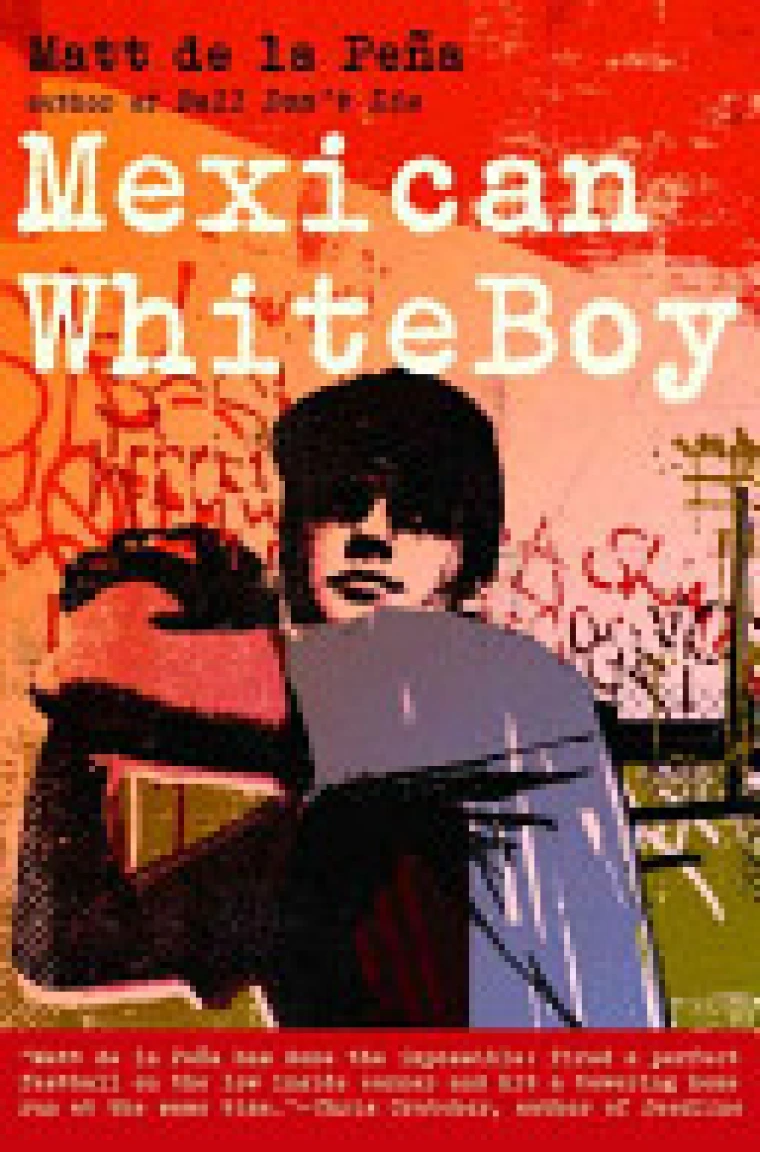Mexican Whiteboy
Sixteen-year-old Danny searches for his identity amidst the confusion of being half-Mexican and half-white while spending a summer with his cousin and new friends on the baseball fields and back alleys of San Diego County, California.
9780385733106
Genre:
Fiction Realistic Fiction
Region:
Latinx in US

